Brake Rotors: When to Replace, How They Work, and Where to Get Them Fixed
If you’ve ever heard a squealing sound when you brake, the rotors might be the culprit. Brake rotors are the metal discs that the brake pads squeeze to slow your car. When they’re thin, warped, or cracked, you lose stopping power and can damage other brake parts. This guide shows you the signs of bad rotors, the different types available, and why a professional shop like Northwich Tyres Centre is the right place for fitting.
Key Signs Your Brake Rotors Need Attention
First, listen for a high‑pitched squeal that doesn’t go away after a few stops. That’s often a warning that the rotor surface is uneven. Second, feel a pulsating brake pedal – if the pedal vibrates when you press it, the rotors are probably warped. Third, look at the rotor through the wheel. If you see deep grooves, rust spots, or a visible crack, it’s time for a change. Finally, check the thickness. Most rotors have a stamped minimum thickness; you can find it in your car’s manual or have a shop measure it with a micrometer.
Choosing the Right Rotor for Your Car
There are three main rotor styles: solid, vented, and drilled/slotted. Solid rotors are cheap and work fine on everyday drivers. Vented rotors have internal channels that let air flow, keeping them cooler during heavy braking – great for sporty cars or heavy loads. Drilled or slotted rotors add extra bite and help clear water, but they can wear faster if you drive on rough roads.
When you pick a rotor, match the size and bolt pattern exactly to your wheel. Using the wrong size can lead to brake noise, uneven wear, or even safety issues. If you’re unsure, bring your car’s make, model, and year to the shop and let the experts confirm the fit.
Cost varies with type and brand. A basic solid rotor might run £40‑£60, while a vented performance rotor can be £100‑£150. Installation typically adds £30‑£50 per wheel because the mechanic must remove the wheel, clean the hub, and torque the bolts to spec.
At Northwich Tyres Centre we stock a range of OEM and aftermarket rotors, and our technicians double‑check the fit before they mount them. We also inspect your brake pads at the same time – worn pads can damage new rotors, so many customers replace both together for a smoother, longer‑lasting brake feel.
Maintenance tips to extend rotor life are simple. Keep your wheels clean; brake dust can turn into corrosive grit. Have the rotors resurfaced only if they’re still above the minimum thickness – otherwise replace them. And avoid hard, sudden stops whenever possible – gentle braking reduces heat buildup and wear.
Whether you hear a squeal, feel a shake, or just want fresh brakes, getting the rotors checked early saves money and keeps you safe. Call Northwich Tyres Centre or drop by for a quick inspection. Our team will tell you exactly what needs fixing and give you a clear price, so you can drive away with confidence.
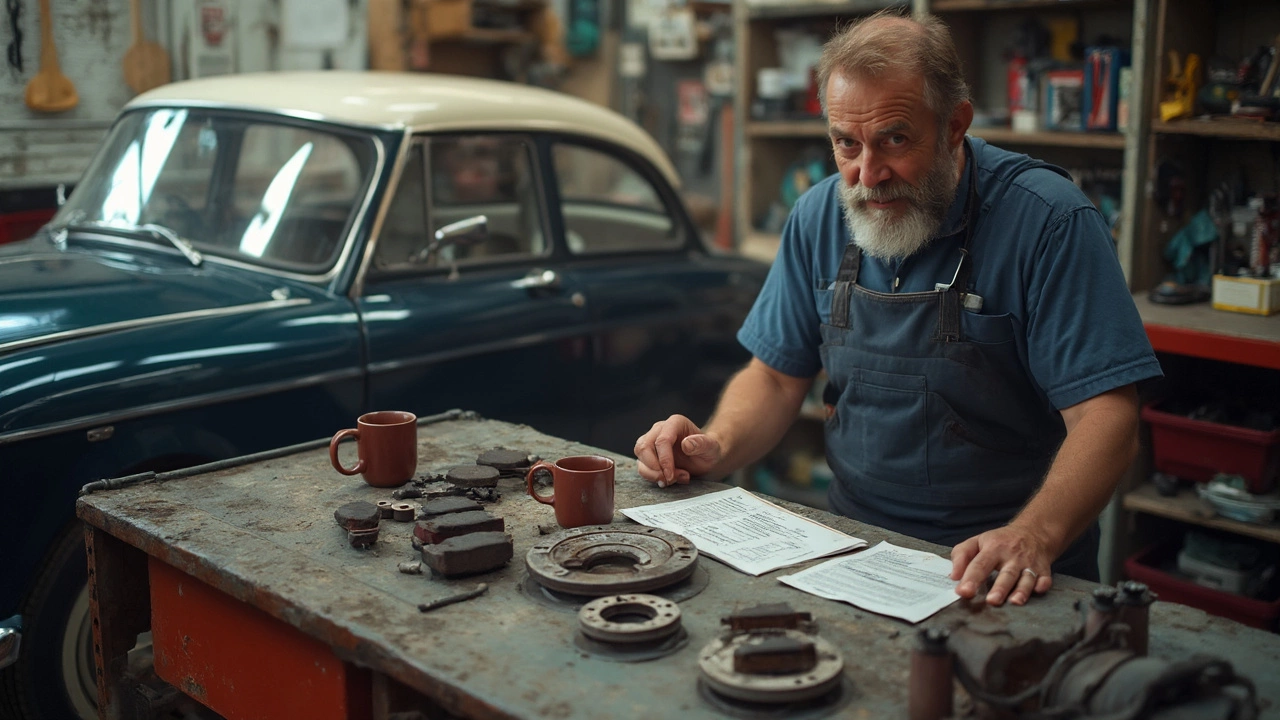 6 May 2025
6 May 2025
Brake Pads: Is It OK to Change Only the Pads?
Changing just the brake pads can sound like an easy and cheap fix, but is it actually a smart move for your car’s safety and performance? This article explains when it’s okay to swap out only the pads and when you should really be thinking about those rotors too. We’ll talk about wear-and-tear signs, the role of smooth braking, and how skipping full maintenance could actually cost you more. From quick tips to real-world examples, you’ll get straight answers on keeping your brakes in top shape. Make smarter choices for safe stopping power and avoid rookie mistakes.
Latest Posts
Tags
- car maintenance
- engine oil
- spark plugs
- brake pads
- engine performance
- vehicle maintenance
- spark plug replacement
- windshield wipers
- fuel pump
- suspension parts
- clutch replacement
- oil change
- clutch kit
- car suspension
- car performance
- air filters
- car radiator
- exhaust systems
- fuel pump replacement
- engine misfire

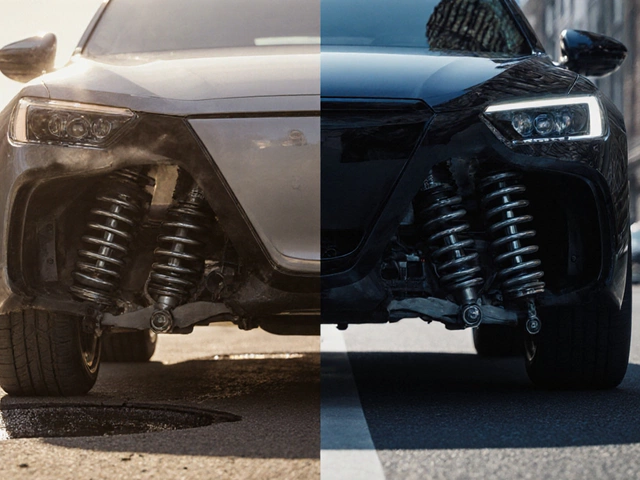
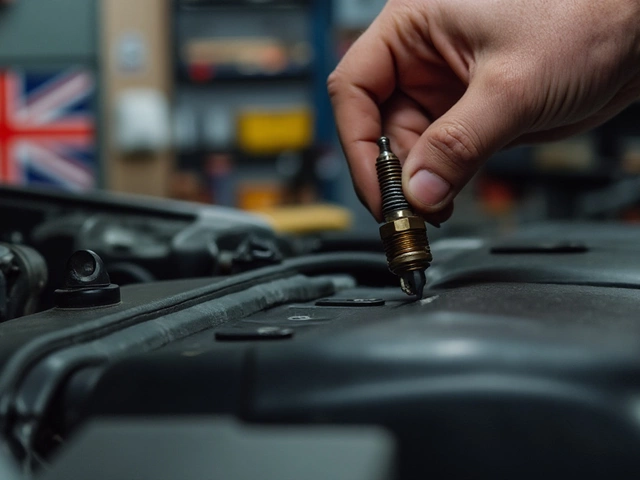
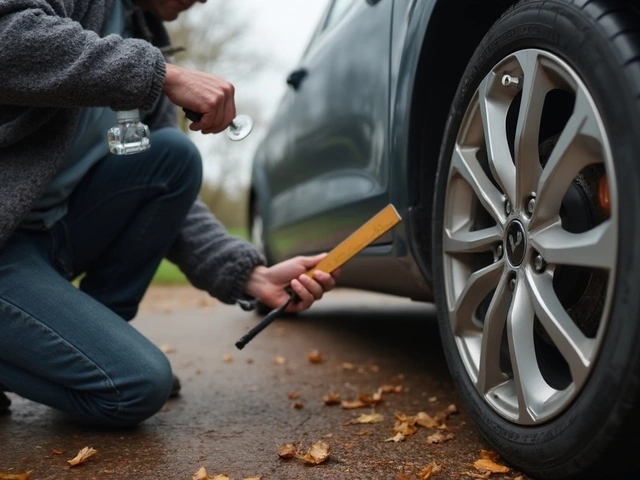
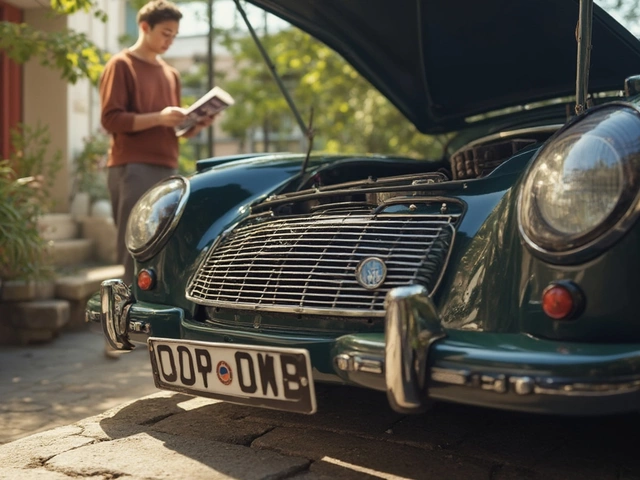
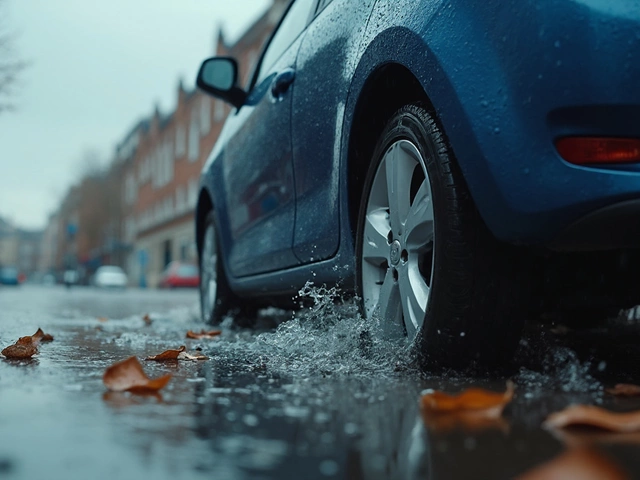
0